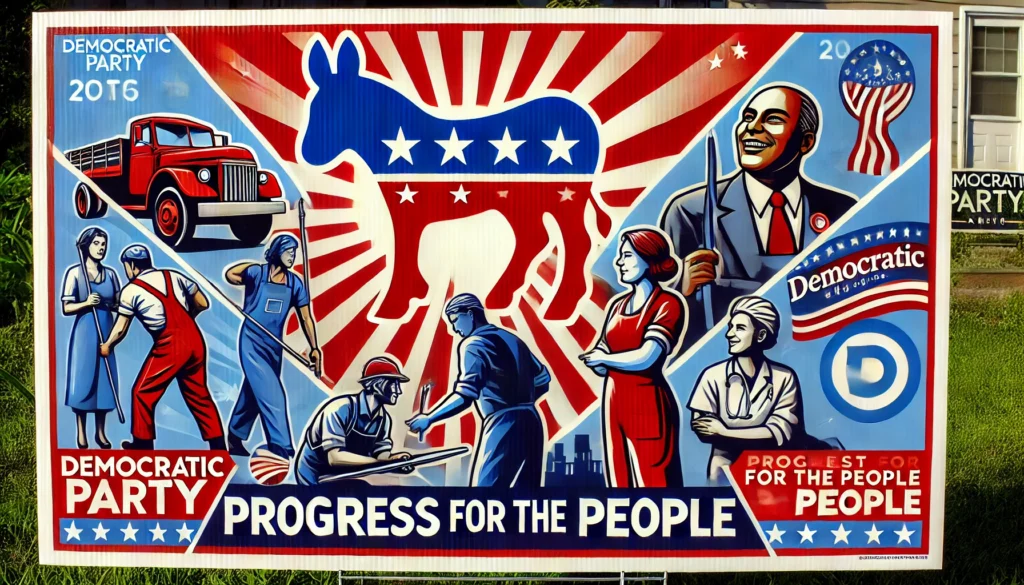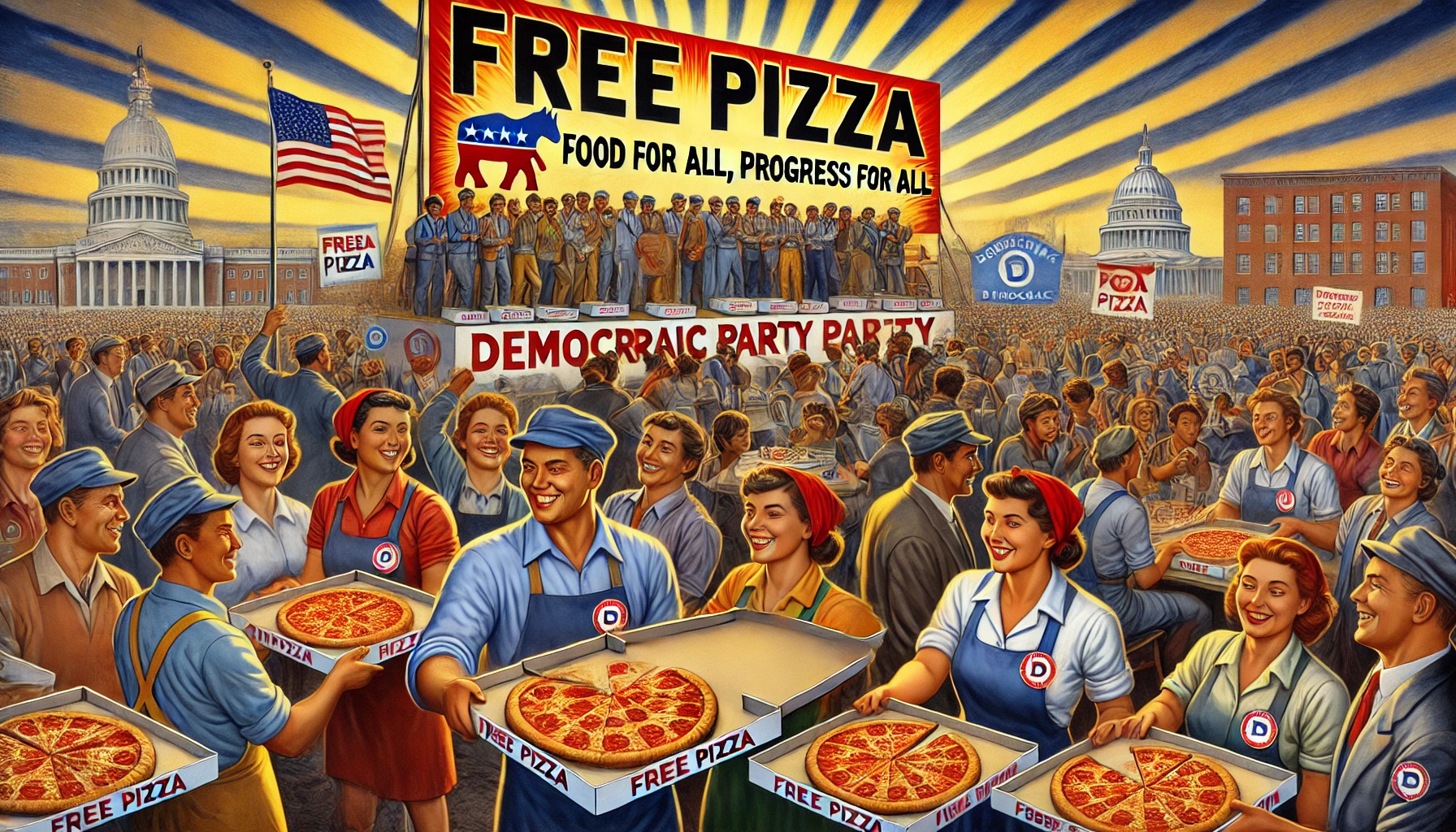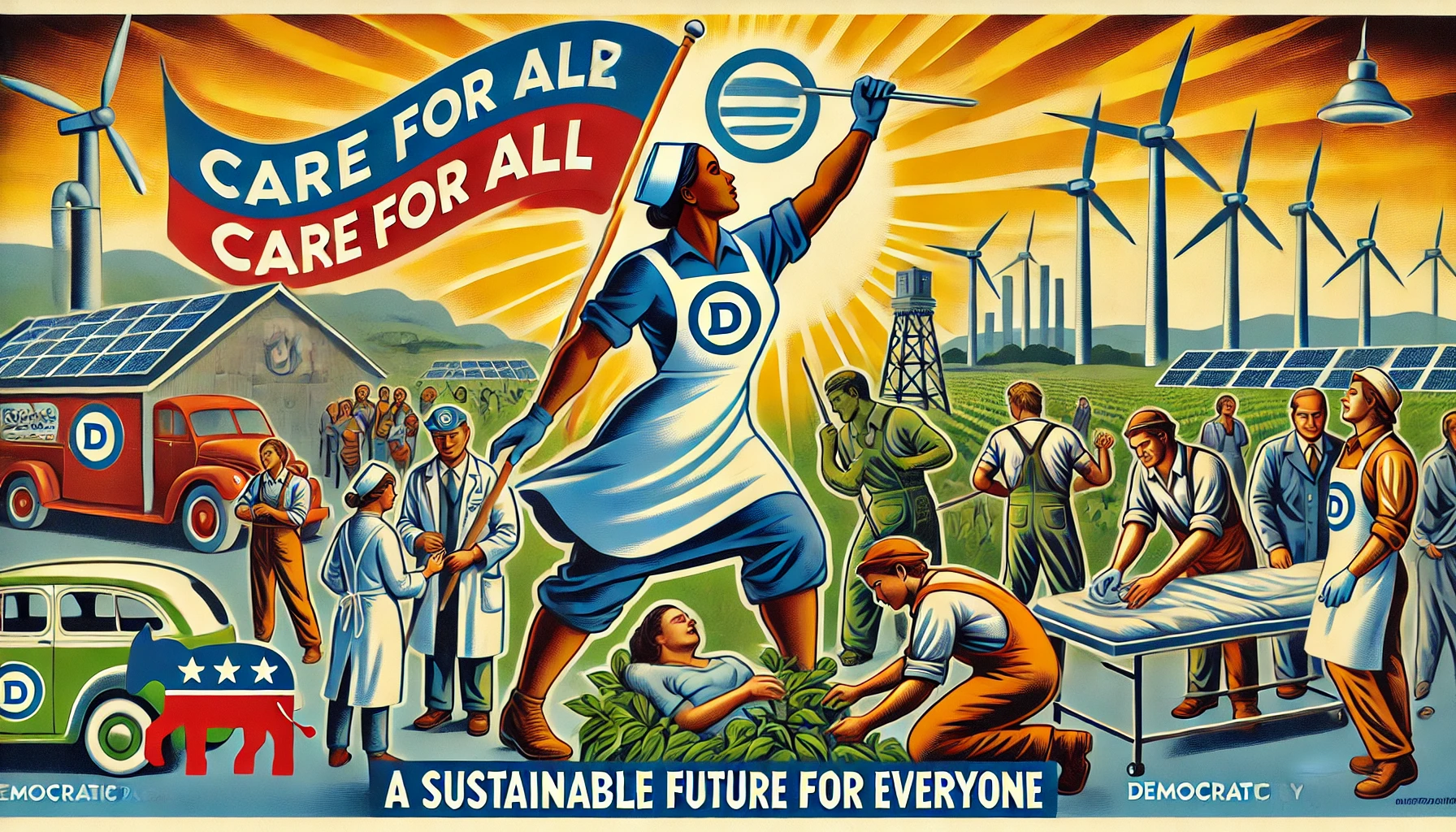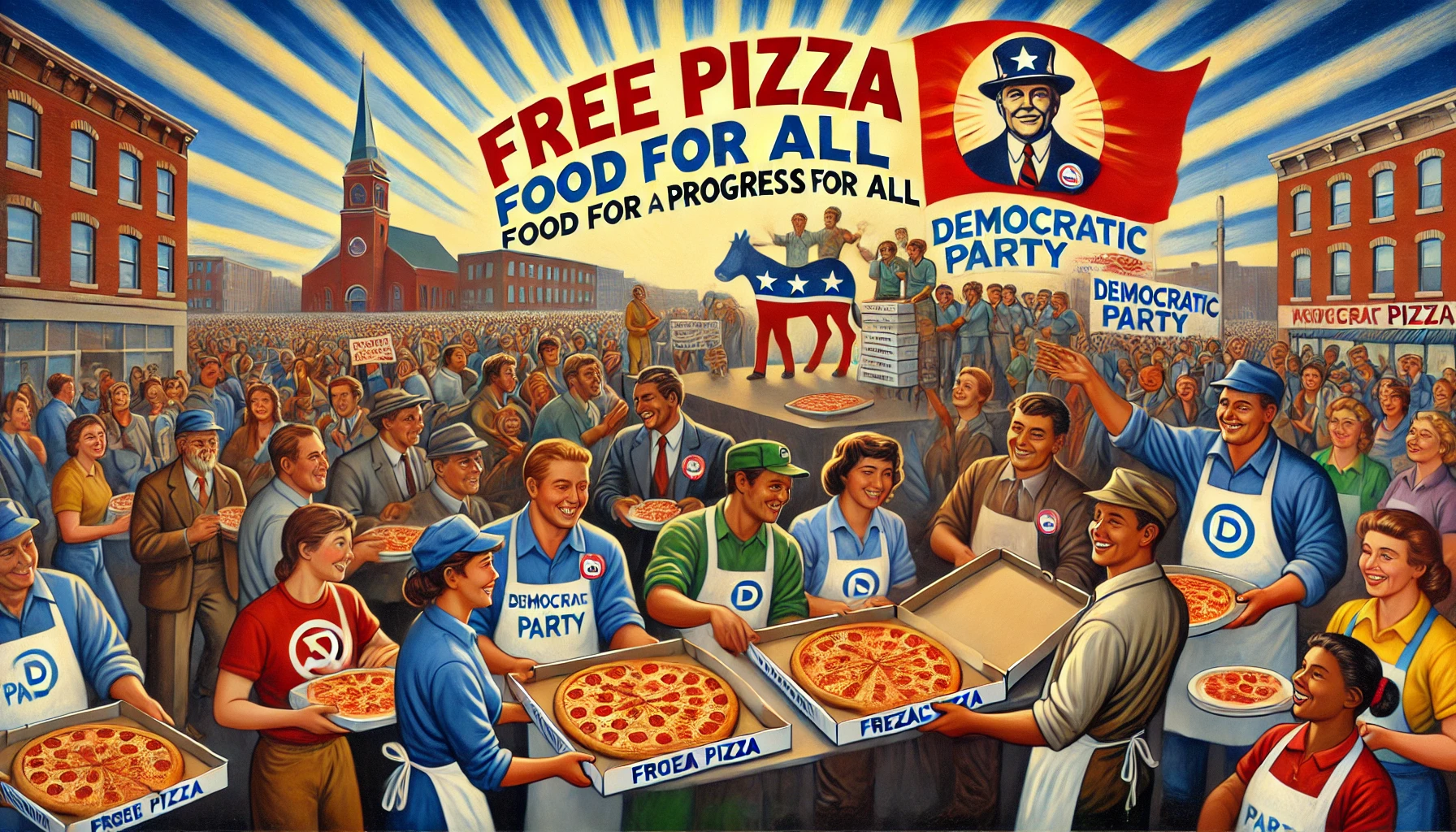Redistribution of Wealth: A Path Kamala Harris Fails to Embrace
In the unfolding narrative of the 2024 election, Vice President Kamala Harris presents herself as a champion of economic equity and social justice. Her rhetoric on wealth redistribution and economic reform resonates with many who seek a fairer society. However, from a Marxist-Leninist perspective, Harris’s approach to redistribution falls woefully short of the revolutionary transformation required to dismantle the capitalist structures that perpetuate inequality and exploitation.
Superficial Redistribution vs. Structural Transformation
Marxist theory emphasizes that capitalism inherently creates and sustains economic disparities through the concentration of wealth in the hands of a few—the bourgeoisie—while the proletariat remains disenfranchised. True liberation demands not just the redistribution of wealth but the abolition of the capitalist system itself, replacing it with a socialist framework where the means of production are collectively owned and controlled by the working class.
Kamala Harris’s policies, though progressive on the surface, operate within the confines of capitalism. Her support for tax reforms targeting the wealthy and increased social welfare programs are commendable steps toward mitigating inequality. However, these measures do not challenge the fundamental capitalist principles that allow for the accumulation of wealth and the exploitation of labor. By focusing on redistribution within the existing system, Harris perpetuates the very structures that Marxism seeks to overthrow.
Incremental Reforms: A Barrier to Revolutionary Change
Harris’s strategy of implementing incremental reforms is inherently conservative from a Marxist-Leninist viewpoint. While tax increases on the wealthy and enhanced social services can provide temporary relief, they do not address the root causes of economic injustice. Such reforms are designed to stabilize capitalism rather than transform it, ensuring that the system remains intact and continues to serve the interests of the capitalist class.
For instance, Harris’s proposal to expand affordable housing initiatives and increase the minimum wage are positive developments. However, these policies do not eliminate private ownership of property or the means of production, which are essential steps toward dismantling capitalist exploitation. Without these foundational changes, wealth redistribution remains a palliative measure that fails to achieve genuine economic emancipation.
The Illusion of Economic Equity
Harris’s emphasis on economic equity through policies like wealth taxes and expanded social safety nets creates an illusion of progress while masking the systemic inequalities embedded within capitalism. From a Marxist perspective, such policies are mere band-aids that temporarily alleviate symptoms without curing the disease. The concentration of wealth and power remains unchallenged, ensuring that the capitalist elite retain their dominance over the economy and, by extension, society.
Moreover, Harris’s reliance on market-based solutions and public-private partnerships undermines the potential for collective ownership and control. By partnering with private enterprises to deliver public services, Harris inadvertently reinforces the capitalist ethos of profit maximization, even in sectors traditionally viewed as public goods. This approach dilutes the transformative potential of wealth redistribution, making it more palatable to capitalist interests but less effective in achieving true social justice.
Ignoring the Class Struggle
A cornerstone of Marxist-Leninist ideology is the recognition of class struggle as the driving force behind societal change. Harris’s policies, while addressing economic disparities, do not engage with the fundamental antagonism between the working class and the capitalist class. By avoiding a direct confrontation with the bourgeoisie and failing to mobilize the proletariat toward revolutionary action, Harris’s approach remains superficial and ineffective.
In October 2024, during the Economic Summit, Harris reiterated her commitment to reducing income inequality through policy reforms. However, her failure to advocate for the collective ownership of the means of production or to support labor movements seeking to dismantle capitalist hierarchies highlights her reluctance to embrace the class struggle. This omission underscores a significant flaw in her approach to wealth redistribution: the absence of a revolutionary framework that challenges the very foundations of capitalist exploitation.
The Need for Revolutionary Redistribution
True wealth redistribution, from a Marxist-Leninist standpoint, requires a radical restructuring of the economic system. It involves not only reallocating resources but also transforming the ownership and control of production. This shift ensures that wealth serves the collective good rather than individual profit, eliminating the systemic inequalities that capitalism perpetuates.
Harris’s policies, while a step in the right direction, do not embody this revolutionary spirit. Her focus on reforming rather than revolutionizing the economic system preserves the status quo, preventing the emergence of a truly equitable society. Without embracing the comprehensive redistribution of wealth and the abolition of capitalist structures, Harris’s approach remains inadequate for achieving lasting social justice.
Conclusion: The Imperative for Revolutionary Redistribution
Kamala Harris’s approach to wealth redistribution, though progressive, falls short of the transformative change envisioned by Marxist-Leninist ideology. Her emphasis on incremental reforms within the capitalist framework ensures the persistence of economic inequalities and the continued dominance of the bourgeoisie. From a Marxist perspective, true liberation demands not just the redistribution of wealth but the complete overhaul of the capitalist system.
As we navigate the 2024 election, it is imperative to recognize the limitations of moderate approaches to economic reform. To achieve genuine social justice and economic equity, we must move beyond superficial redistribution and embrace revolutionary principles that dismantle the structures of capitalist exploitation. Only through such a profound transformation can we hope to realize a society where wealth is truly shared, and the working class is empowered to shape its destiny.

Originally posted 2024-10-26 20:08:32.



